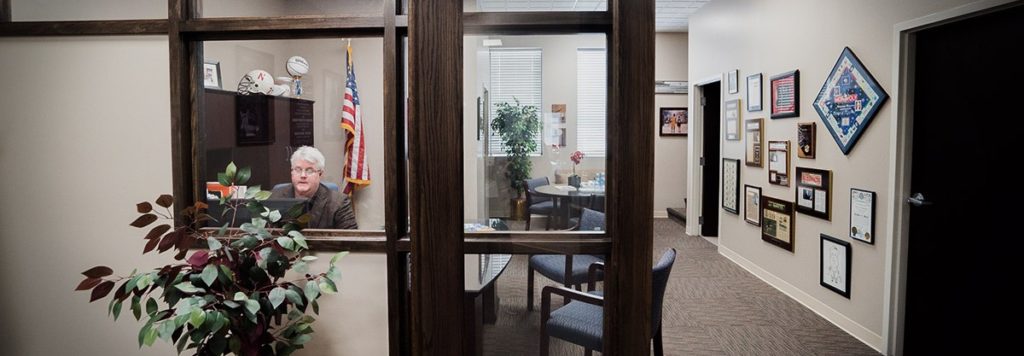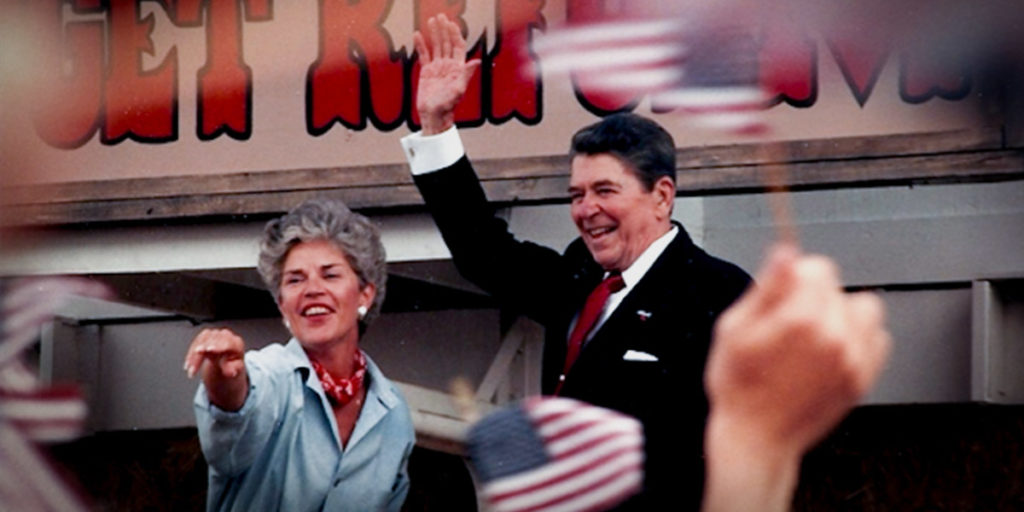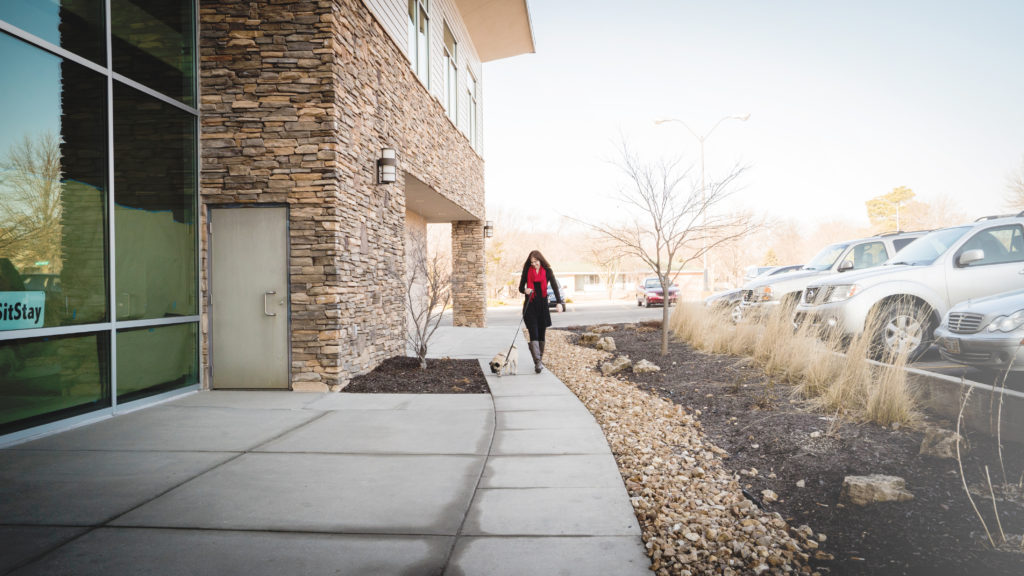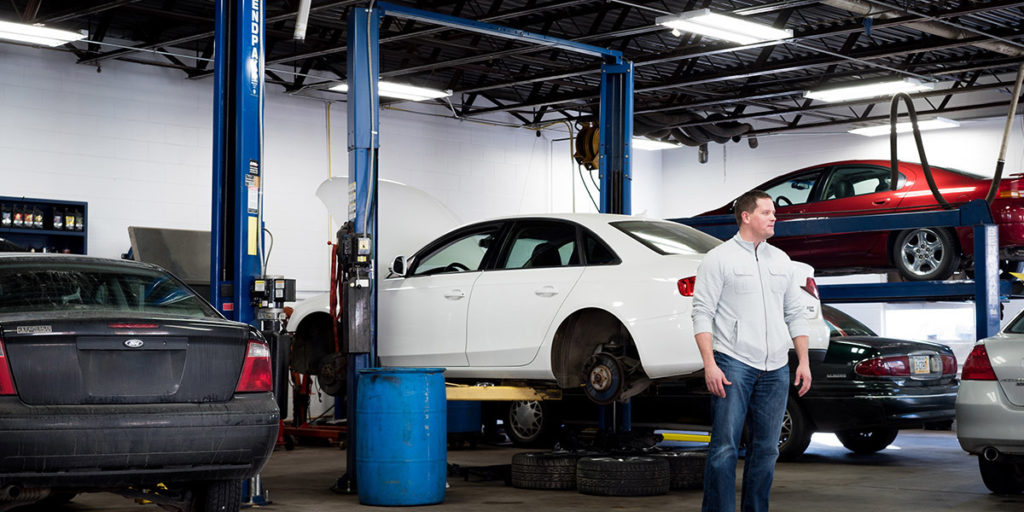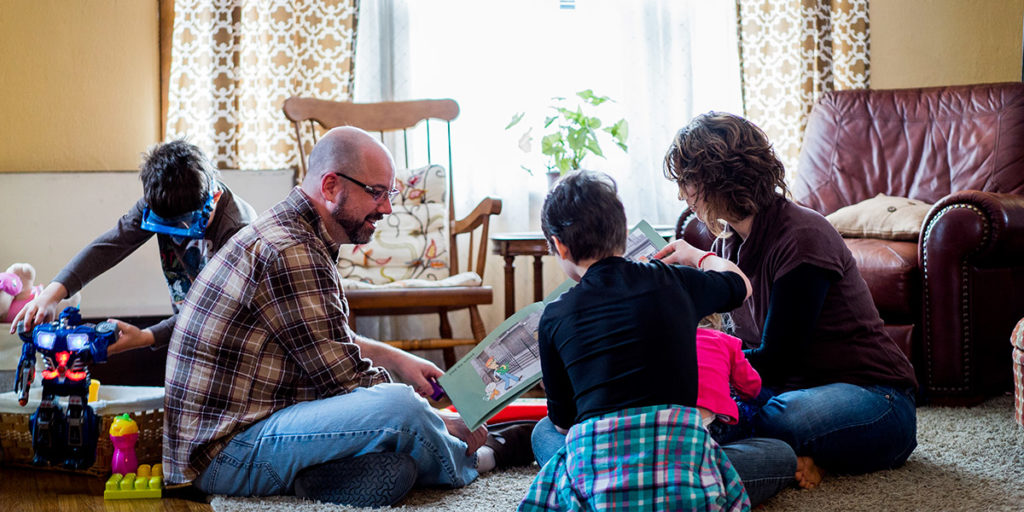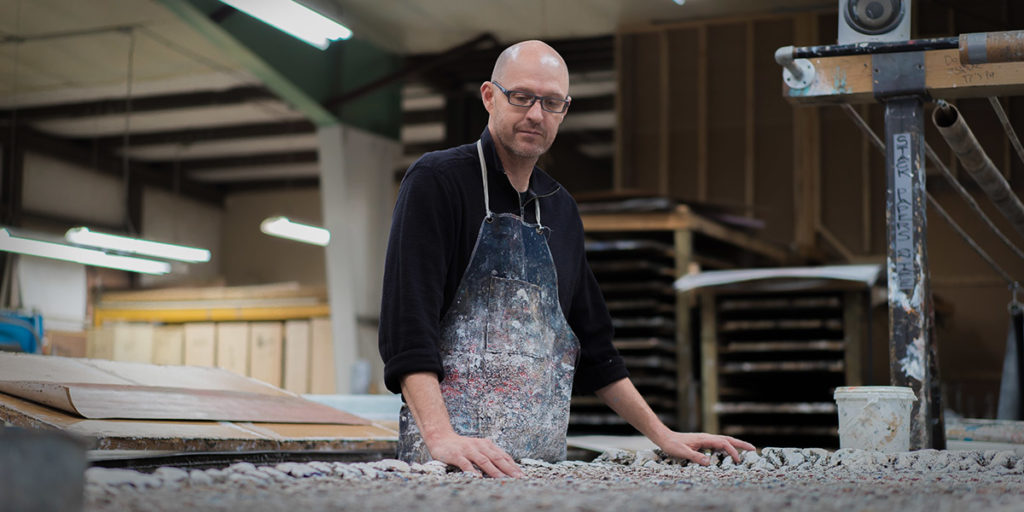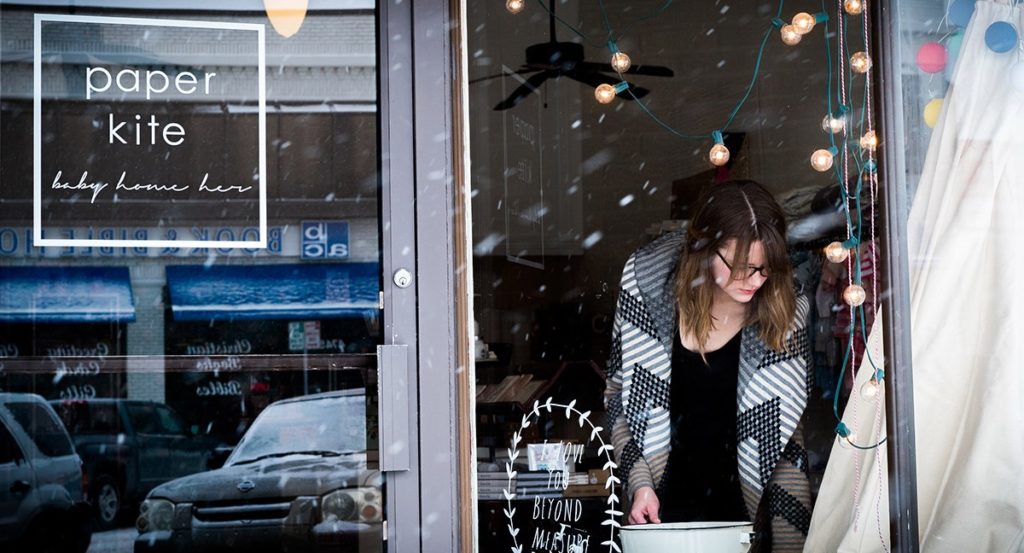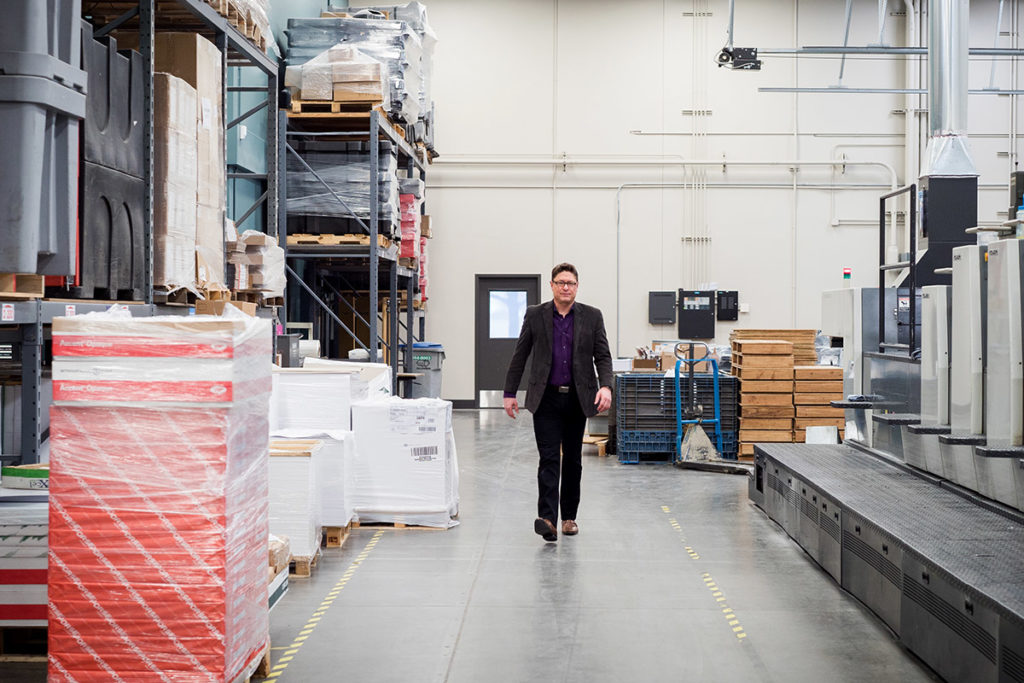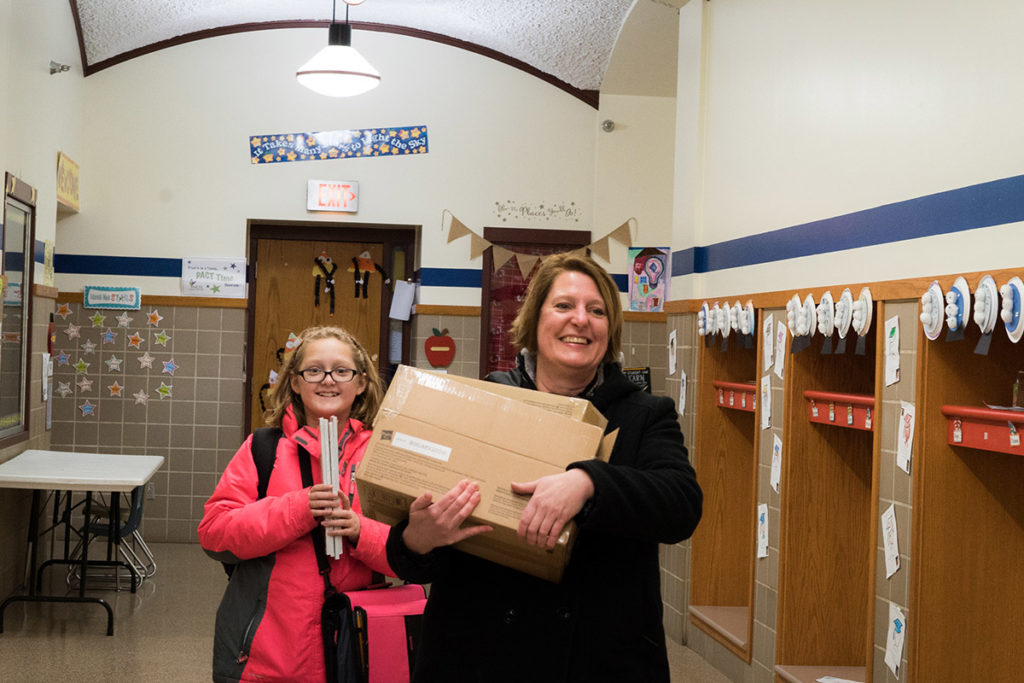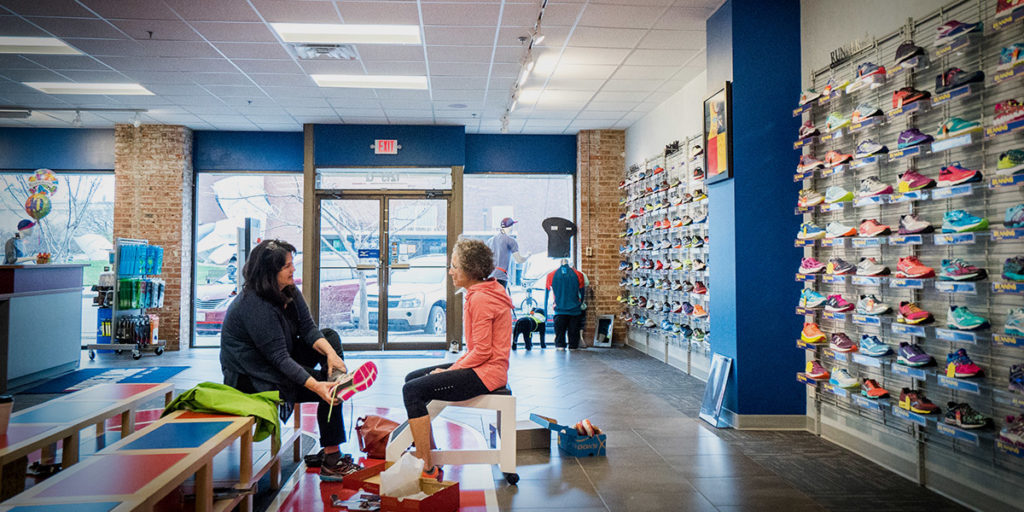
She’s had the same routine for more than 30 years – wake up and run.
Sometimes she even sleeps in her running clothes so all she has to do is get up and walk out the door. Now that’s dedication.
But even though she’s an avid runner, Ann Ringlein isn’t showy.
Sure, ask any Lincoln runner about Ann and they’re sure to know her. She’s won lots of races, qualified for prestigious runs and was a track and cross country coach for 20 years, but that’s not why Ann runs.
***
Ann hustled over to unlock the front door of the Lincoln Running Company and peeked her head out, “Good morning ma’am, do you need something? Shoes? Ok, yeah come on in!”
She doesn’t turn people away even though it’s at least 45 minutes before the shop opens, because that’s just Ann.
“Take a seat and let’s see what you need here,” she said with a big smile.
Ann watched carefully as the woman walked back and forth in the quiet store, quickly assessing her feet as they moved in the tennis shoes.
“You have a good arch, let’s try these,” she said.
The Lincoln Running Company is known for quality shoes and a good fit. Doctors and physical therapists often refer patients to the store because they trust their expertise, but a lot of them also tell their patients to ask specifically for Ann.
She knows shoes because she knows running.
Ann said she couldn’t really remember the exact details that surrounded why she started running, but she remembers being bored. She had a lot of energy as a young girl, so many nights after she got off work she’d head over to the track across from her house in Red Cloud, Neb., and run laps.
She competed in a few races as she got older and did well enough that she won prizes and qualified for bigger races, and Ann was hooked. She’s been running ever since, and her days without running seem few and far between.
After moving to Lincoln 31 years ago with her husband and two young girls, Ann quickly became a major part of Lincoln’s running community. She’s coached track and cross country teams, worked in shoe stores, given motivational talks about running and she even puts on a beginners running class during the summer that typically brings in about 300-400 newbie runners.
Ann said so many of the new runners are intimidated by the sport, they don’t even know where to start. She said they take one look at her petite frame and they want to give up, but she works hard to get them to set their own personal goals and not compare themselves to others, because the most important part is that they’re moving.
That’s the thing about Ann, she doesn’t care how people run, if they do it wearing tutus and glitter in crazy-themed races or on the trails in Lincoln, if they start out just walking or if they never run a race, exercise is exercise.
For Ann, running is about caring for herself, staying well and taking time to regroup. Ann said when she had young kids she had to be a little bit selfish about taking time out of the day to run, but if she didn’t do it her day was completely thrown off.
Ann runs because she loves it. She runs to breathe deeper, to enjoy the outdoors and to start her day right. She also runs to be a better boss, employee, wife and mother.
Sure, running is a major theme in Ann’s story, but it’s not all that she does. She’s an avid gardener, nature lover and recycler, a compassionate mother and doting grandma. She loves to donate new and pre-loved shoes to local organizations and is on numerous boards in town including the Humane Society, Great Plains Trail Network and the Lincoln Track Club.
Ann runs for more than just her own enjoyment, she runs so she can learn, teach and care for her community, and to Ann, that’s what matters.
